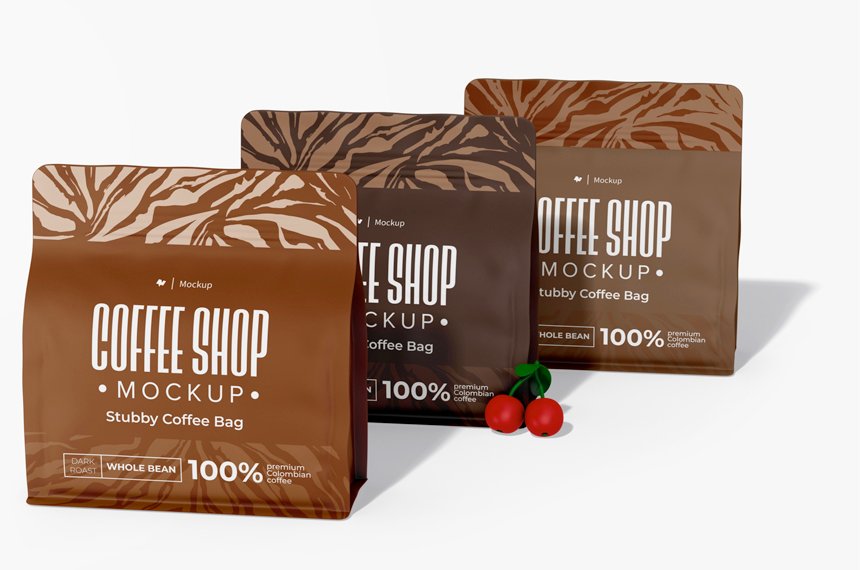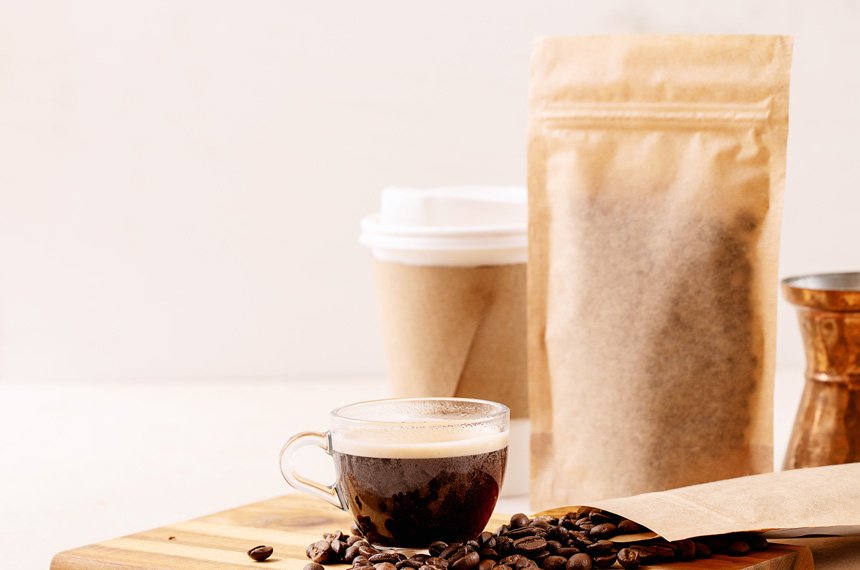On July 4, the EU officially announced its ban on plastics as well as adopting new rules on exporting and importing plastic packaging. Many people will worry whether we can import plastic packaging to Europe. This article will talk about making sure that your packaging isn’t affected by the following: EU’s single-use plastic ban, importing packaging bags from Europe, or how this plastic ban can affect the future of packaging in Europe?
Can the EU plastic ban affect food packaging imports?
The answer is No. The plastic ban directive issued by the EU only affects single-use plastic. That has a thickness of less than 50microns and looks like a plastic carrier bag.
The directive was issued for single-use plastics. It aims to reduce the impact of plastic products on the environment and human health. A transition towards a circular economy will help us have more innovative, sustainable, and efficient alternative packaging materials.
It is a great way to avoid single-use plastic packaging in our daily lives. Keep on reading to know more about the EU’s plastic ban and how it can affect your products.

How to make sure that the plastic ban does not cover your packaging
The single plastic directive is a gradual approach to reduce the impact of plastic waste. Single-use plastic products made from whole plastic can only be used once and are one of the contributing reasons for environmental pollution.
Generally speaking, your packaging is not the same as these single-use plastics. Let’s say, for example, for packaging food, beverages, or other products. We usually use a stand-up pouch or flat bottom pouch in our flexible packaging, which is thicker than 100 microns. Therefore is not categorized as single-use plastic, which means that we can import it.

How to transport and import customs clearance for packaging bags.
If you are your agent for dealing customs declaration and customs clearance.
- Firstly, provide your product pictures, product specifications, and material thickness to your agent. Prove that your packaging is not the kind of packaging banned by the EU.
- Second, when naming your declared product, avoid using plastic. Instead, opt for a packaging bag to prevent any complications.
- Finally, in any case, that you will or might encounter customs inspection. Just provide the above information to your agent and cooperate accordingly.
The supplier provides the door-to-door logistic service.
At present, many manufacturers provide door-to-door logistics services. We are covering most countries in the world, not only by air but also by sea.
At Xiaoyupack, we have logistics services for transporting in most countries. From customs declaration, transportation, customs clearance, and payment of customs duties. We will be responsible for delivering the goods to your designated address. You don’t have to deal with any troublesome customs clearance.

Do we have sustainable packaging materials that can replace plastic packaging?
Paper packages cannot achieve barrier properties and features (reclosable, retort directly, etc.)
Using paper bags to replace plastic packaging isn’t ideal. Since it still poses an impact on the environment. Paper production requires more energy and water resources. Not to mention the trees needed to be able to make paper. Suppose we were to compare paper bags to plastic packaging. Its barrier properties are weak, increasing the chances of food spoilage.
From a business owner’s perspective, paper packaging is more costly since it requires twice the amount of plastic products compared to another packaging. This results in a much bigger storage space and transportation costs, making it expensive and not ideal for manufacturers. Plastic packaging surpasses paper packaging when it comes to functionality and efficiency.
Compostable packaging (PLA) has insufficient stability and limited storage conditions.
PLA for packaging isn’t the best alternative to plastic. The reason for this is because its material is very brittle. Also, it offers poor gas barrier properties and functionality. That limits the use of food applications for packaging. PLA can show signs of deformation when used in high temperatures. This results in making moisture and oxygen easier to pass through and compromising the product’s quality.
Also, PLA has a short life span of only six months. So if you’re looking for long-term packaging, this may not be the right fit for you.If tin or cans are to be used, their various costs and energy consumption, and carbon footprint are too much.
If tin or cans are to be used, their various costs and energy consumption, and carbon footprint are too much.
Tins or cans might result in less pollution waste, but it still poses a threat to the environment. The production of tin cans uses a high percentage of electricity, releasing twice the amount of carbon dioxide. That releases greenhouse gas emissions that are harmful to the environment.

How will this ban on plastics affect the packaging we currently use in Europe in the future?
Europe’s plastic ban directive will affect the entire plastic value chain starting from plastic materials, production, and recycling facilities. Food and drink manufacturers are also included since they use plastic packaging for their products. Because of the EU’s plastic ban, the government’s requirements for the recyclability of plastic will likely increase. Such as using BOPP/PP and PE/PE mono structure or adding PCR to the packaging material.
Doing this will make your packaging more sustainable and recyclable. The packaging industry will have to work hard in creating innovations that can solve the problems of single-use plastic. Replacing them with better alternatives that provide the same barrier properties and functionality. But are more eco-friendly, providing little to no threats to the environment. EU’s plastic ban can create more opportunities for the development of sustainable and flexible packaging.
Conslusion
Plastic bags affect not only the environment but also many people. The environmental effects of continuously using plastic bags. Without disposing of them properly to recycling centers can be seen today. EU’s single-use plastic ban aims to lessen the unnecessary use of plastic. Opting for a more sustainable option like flexible packaging or reusable bags.
“Once implemented, the new rules will not only prevent plastic pollution. But also make the European Union the world leader in a more sustainable plastic policy,” Vice-President Jyrki Katainen said. Nowadays, sustainability in packaging is a must. That’s why many people are finally starting to take action. Business owners in the packaging industry are constantly striving for product improvement. To support sustainability and promote a healthier economy.





